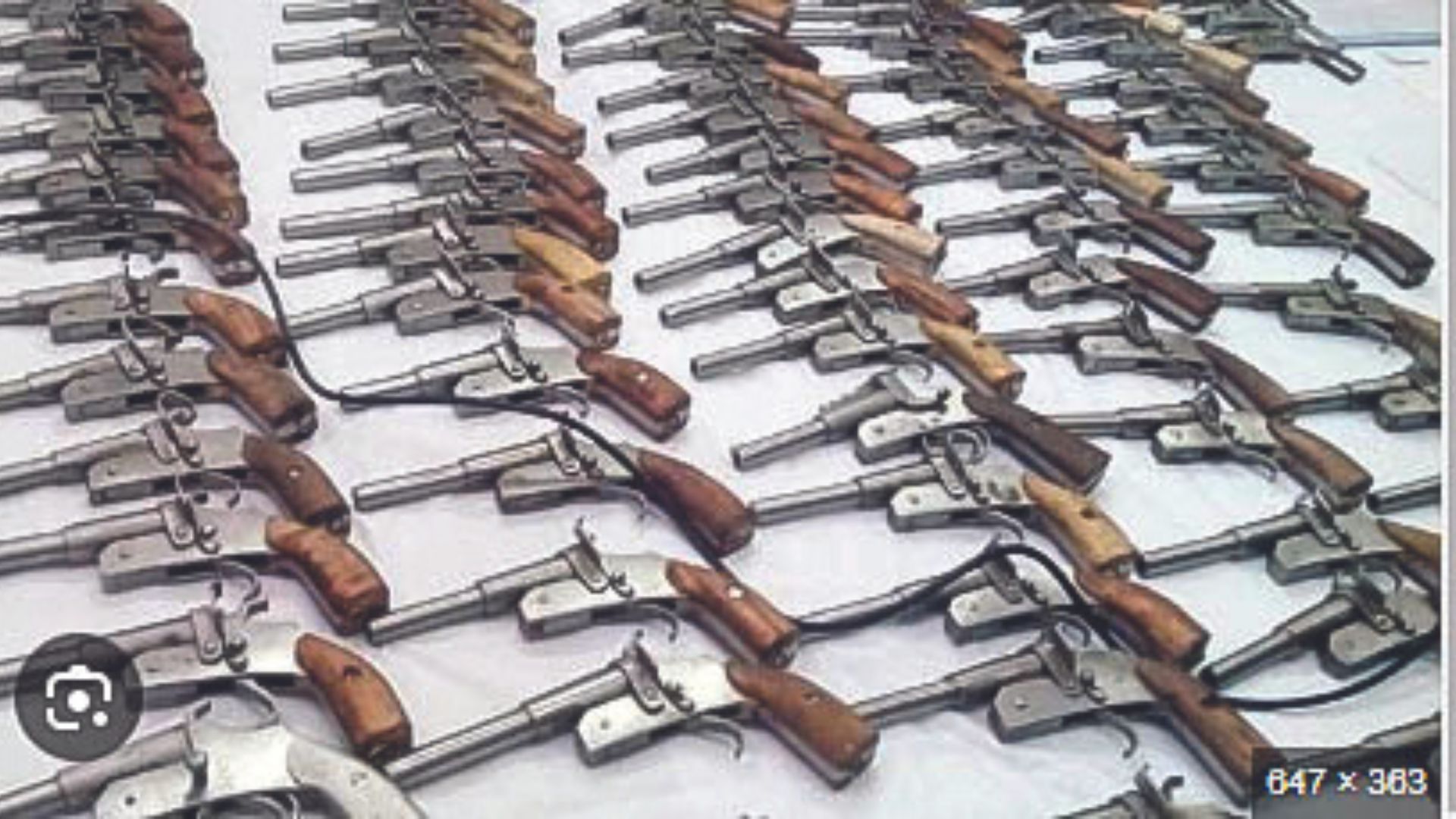
In anticipation of Lok Sabha elections in Punjab scheduled for June 1, numerous district election officers (DEOs) across the state have issued directives urging public to surrender their licensed weapons, warning of potential fines or legal repercussions for non-compliance.
However, the sweeping order to relinquish arms has sparked controversy among many, who argue that it contradicts instructions issued by Election Commission of (EC) following a 2009 ruling by the Bombay High Court.
In 2009, Bombay High Court asserted that authorities couldn’t issue a blanket mandate requiring all citizens to deposit their licensed firearms before elections. The court stipulated that such directives should be issued by the licensing authority (typically the police) only after individual cases are reviewed by a screening committee. The Election Commission subsequently issued guidelines to implement the court’s decision.
“Analyzing each licensee individually is practically unfeasible in a state like Punjab,” remarked Sibin C, the state’s chief electoral officer (CEO). “Those seeking exemptions can apply to the screening committee…the ECI has endorsed the existing protocol,” he added.
In Fazilka, the DEO recently mandated all licensed firearm holders in the district to surrender their weapons, specifying that it was compulsory for them to deposit their arms with the local police station or authorized firearm dealer, providing reasons for doing so. The order warned of strict action against violators under Section 144 of the Criminal Procedure Code. Similar directives have been issued by other DEOs.
“Many individuals reside outside villages, in hamlets. Instances of crime are escalating in the state. Surrendering weapons for two months could pose a threat to life,” voiced Bhartiya Kisan Union (BKU) Moga district president, Bhupinder Singh. The BKU Lakhowal unit in Moga district recently demanded a retraction of the blanket orders.
“I obtained my arms license for self-protection, adhering to government guidelines, including police verification and drug tests. Today, the administration demands we surrender our arms to uphold law and order during elections. On what basis does the administration conclude that retaining my licensed arms poses a danger to law and order?” questioned Bathinda Right to Information (RTI) activist, Harmilap Grewal.
According to Election Commission data, preceding the 2022 Assembly elections in Punjab, over 3.90 lakh weapons were surrendered statewide following the imposition of the model code of conduct. The highest number of arms, 41,694, were deposited in Amritsar, which boasts a population of 26,52,112 as per the 2011 Census, while 25,042 weapons were surrendered in Bathinda, with a population of 13,88,525.
This issue recently surfaced before the Allahabad High Court in Uttar Pradesh, which deliberated on general directives mandating the depositing of licensed weapons ahead of the Lok Sabha elections. On April 1, the high court ruled that individuals wouldn’t be compelled to surrender their weapons. Instead, if there’s a perceived risk of law and order disruption from any individual, a screening committee can be established, and they can be asked to deposit their weapons, providing reasons, as per a petition filed by Ravishankar Tiwari and others on March 22.
The EC’s letter of 2022 stated that it had come to the Commission’s attention that the prescribed procedure for arms deposition wasn’t consistently followed. The letter referenced the directives issued by the Bombay High Court in 2009, emphasizing the constitution of a screening committee in every district, comprising the district magistrate, superintendent of police or commissioner of police, and joint or additional commissioner of police. The EC reiterated that the guidelines for the deposition of licensed arms, outlined in its September 1, 2009 instruction, should be diligently adhered to during elections.